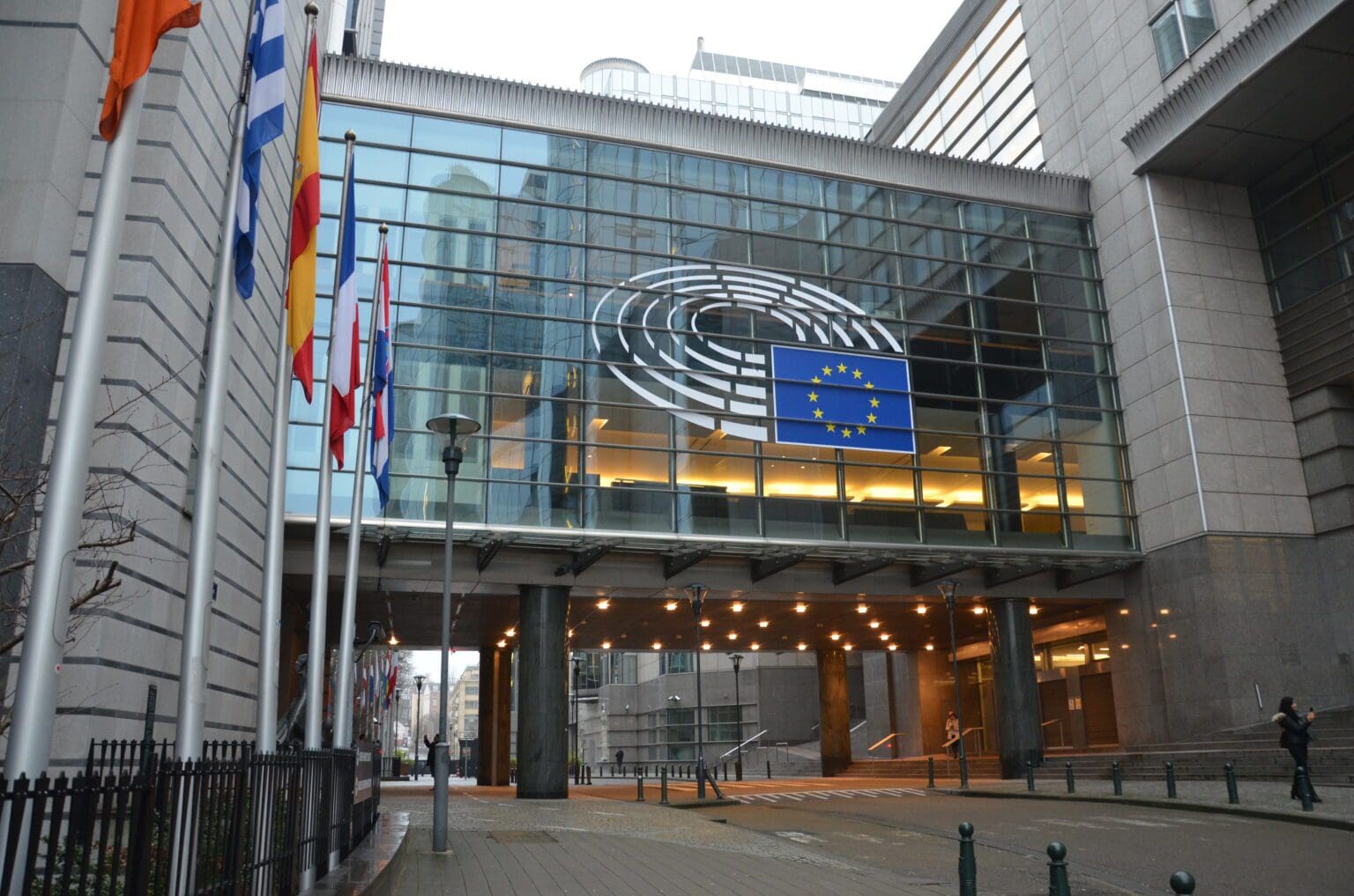
‘The report highlights Europe’s growing strategic weakness relative to Asia and the United States, pointing to persistent failures in innovation, a deep aversion to risk, and a regulatory mindset…According to the report, the heavy emphasis on procurement rules and compliance does not foster the technological breakthroughs required for modern warfare.’

About two weeks after political podcaster Tim Pool claimed shots were fired at his rural West Virginia residence, the local police still cannot confirm if the incident actually took place as described. Many questions linger about the incident, with multiple twists and turns in the updates.

The Harlem Globetrotters, the world-famous American basketball show team, will return to Hungary in 2026 as part of their centenary world tour, performing in Veszprém, Szeged, and Budapest with their trademark mix of sport, humour, and spectacle.

‘Rubio has ordered that all official communications of the US government must no longer be set in Calibri but revert to Times New Roman.’

Buying a real Christmas tree is more environmentally friendly than choosing an artificial one, according to a researcher at Hungary’s Ecological Research Centre, who highlights the benefits of locally grown trees and the long-term environmental costs of plastic alternatives.
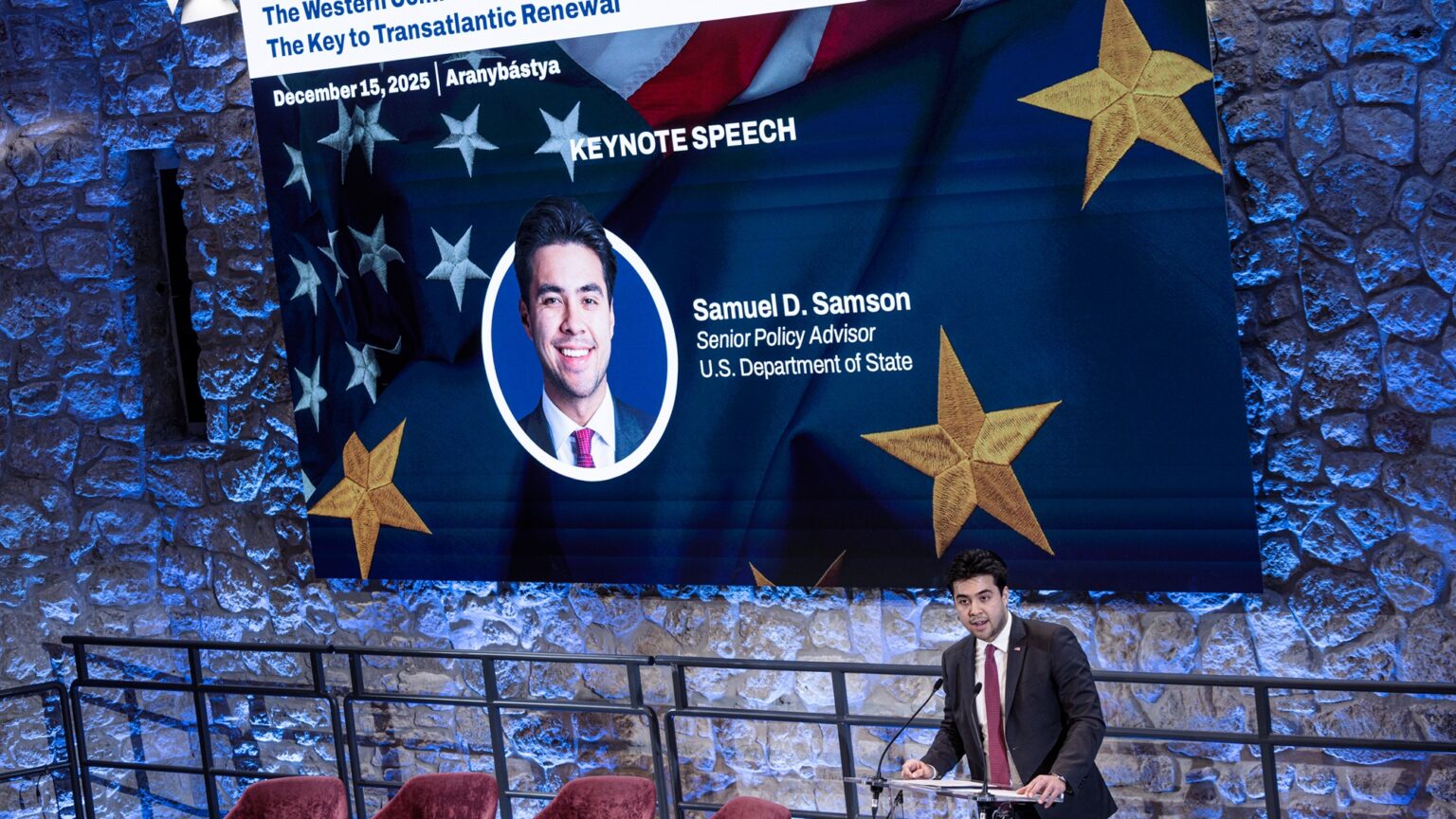
At an online press conference, Samuel D Samson, Senior Advisor at the US State Department, expressed his gratitude to Hungary for the work it has done on issues such as family support, pursuing peace, and combating censorship. He later described Hungary as ‘a leader in Europe in defending civilizational values’.

Hungary’s 4iG Space and Defence Technologies and Lockheed Martin have signed a preliminary agreement to explore industrial cooperation linked to long-range rocket artillery systems, potentially laying the groundwork for HIMARS-related integration and production activities in Hungary.

Hungary believes that flexibility, technological neutrality and regulatory predictability are essential for environmental policy if Europe is to remain competitive, the country’s environment state secretary said in Brussels amid renewed EU debates on green regulation.
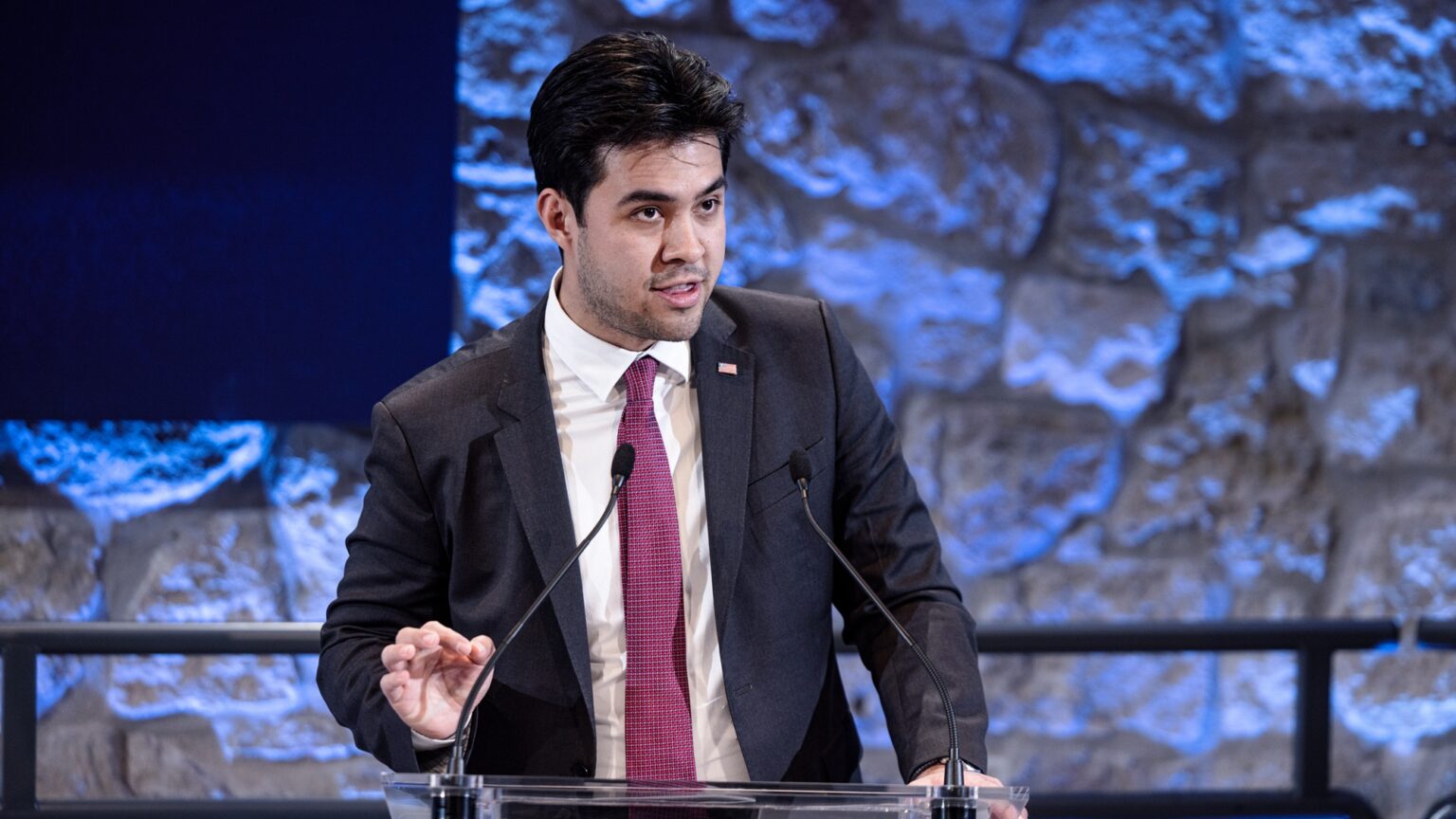
‘The speaker pointed out that the city of Budapest, where the event was taking place, withstood the oppressions of the Mongols, the Ottomans, the Nazis, and the Soviets, yet it remained committed to its Western values. He then likened those oppressions to those coming from the EU, which, he believes, is working to suppress national identity and nationalist and conservative sentiments.’
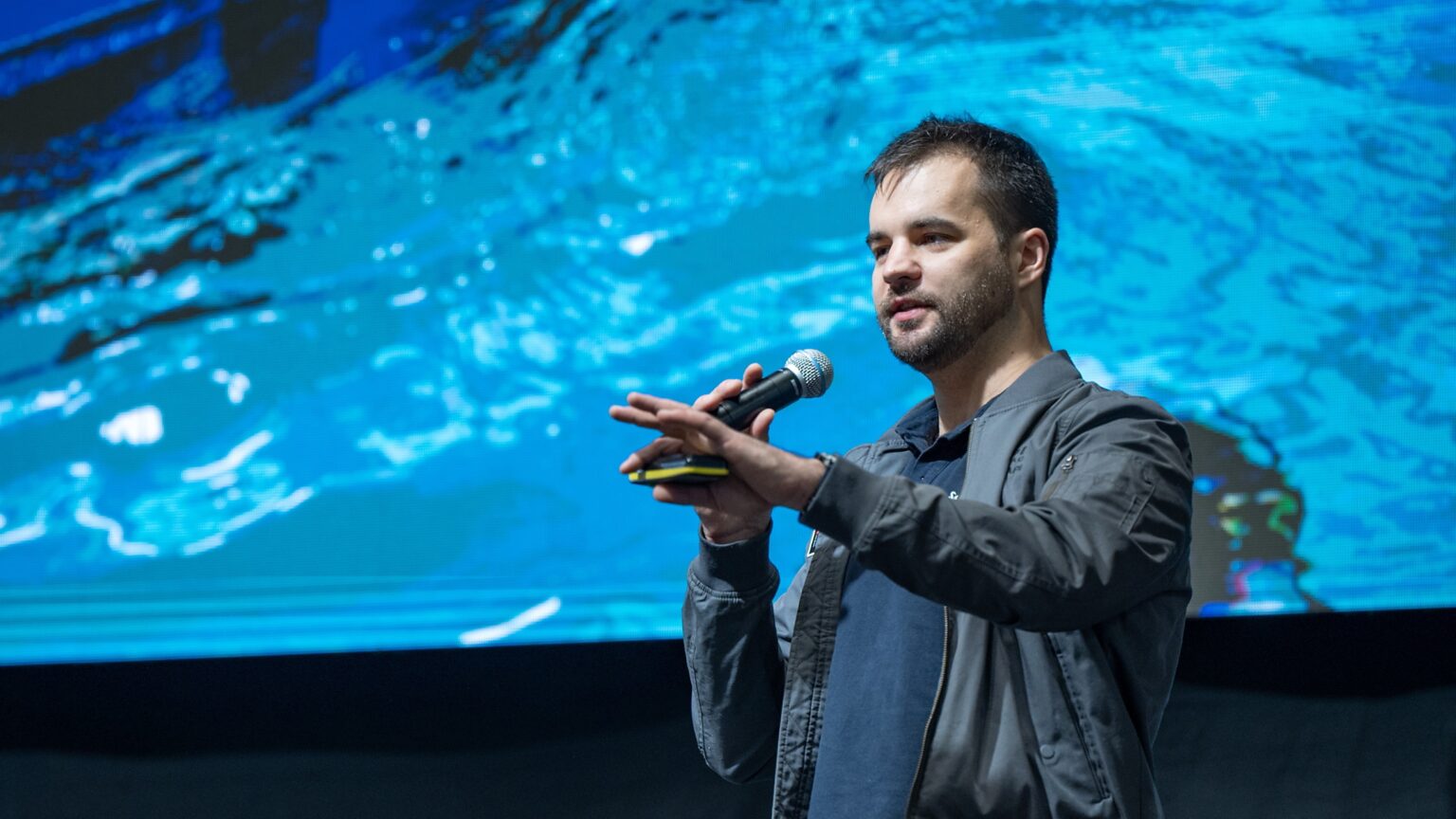
The University of Debrecen has awarded research astronaut Tibor Kapu an honorary associate professorship, recognizing his contribution to space-based plant research and his role in carrying out experiments developed by the university aboard the International Space Station.

‘With Donald Trump taking office as US president, a whole new era began in Hungarian–American relations, which is also reflected in trade and investment volumes.’
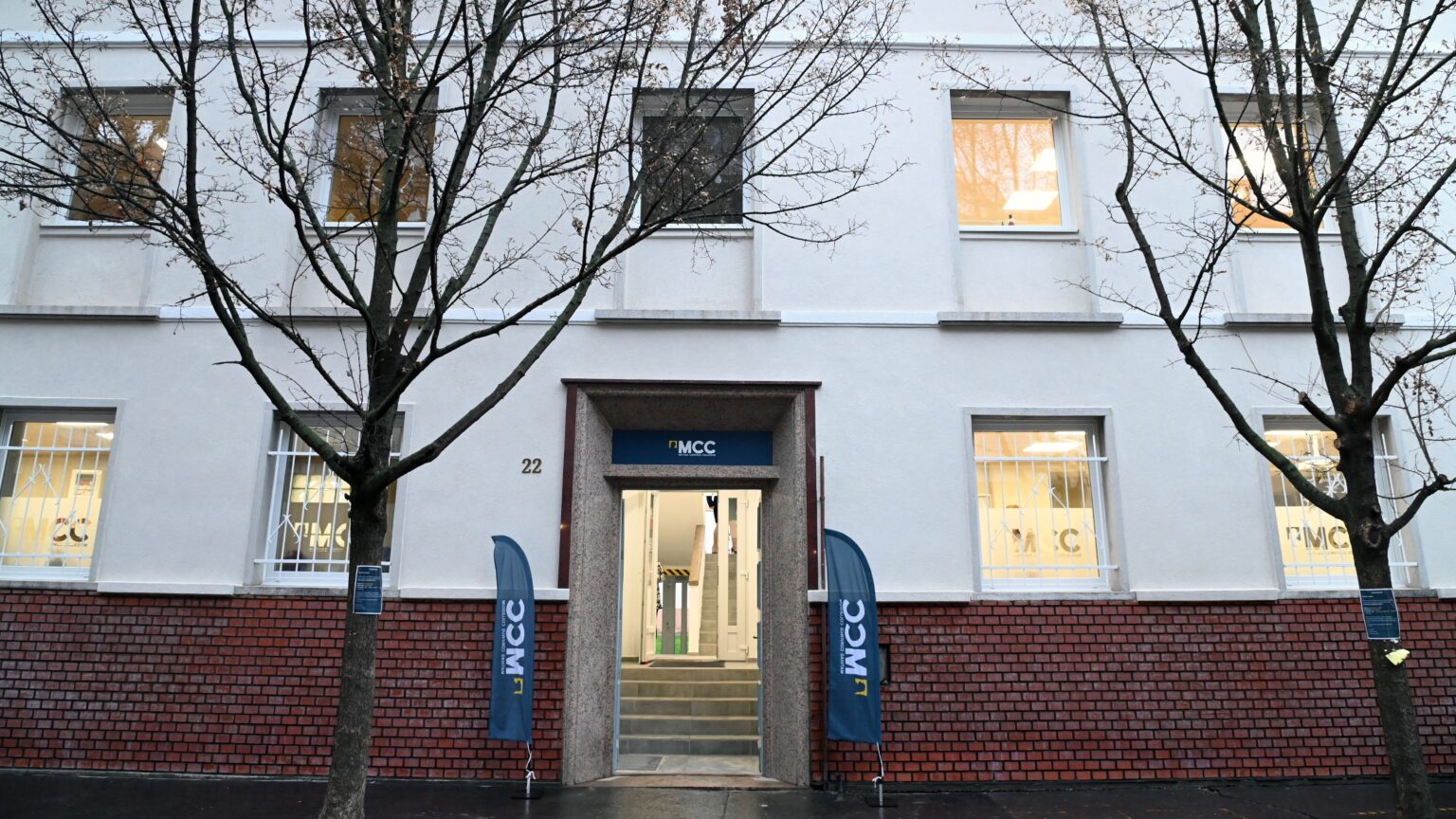
Talent is one of Hungary’s most valuable resources, and how it is identified and nurtured is a shared responsibility, a local MP said at the opening of the Mathias Corvinus Collegium’s new training centre in Szolnok, highlighting the city’s growing role in talent development.
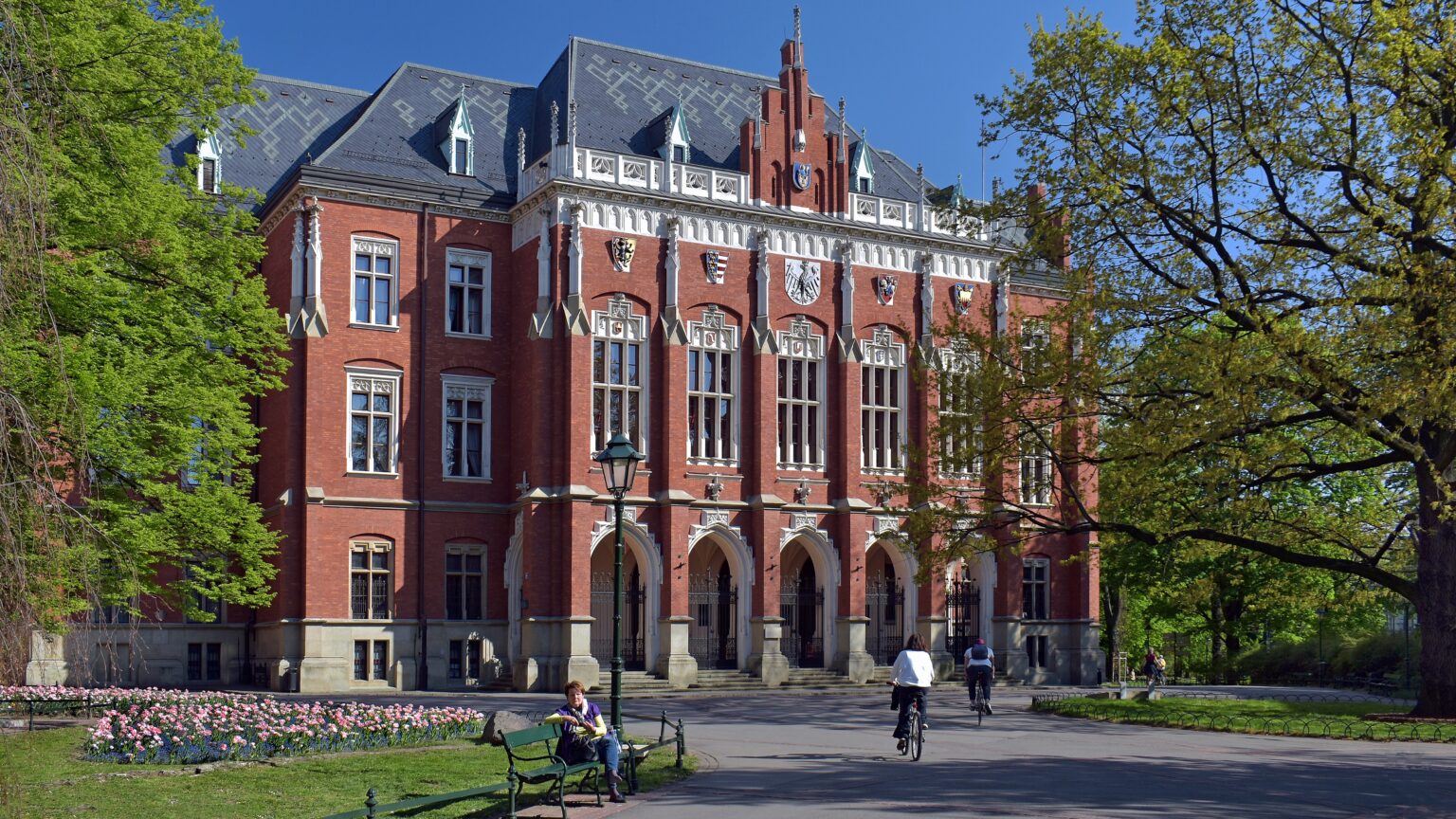
‘Christianity gave birth to the continent’s moral imagination, legal systems, and cultural achievements. To strip schools of this heritage is not neutrality; it is amnesia.’
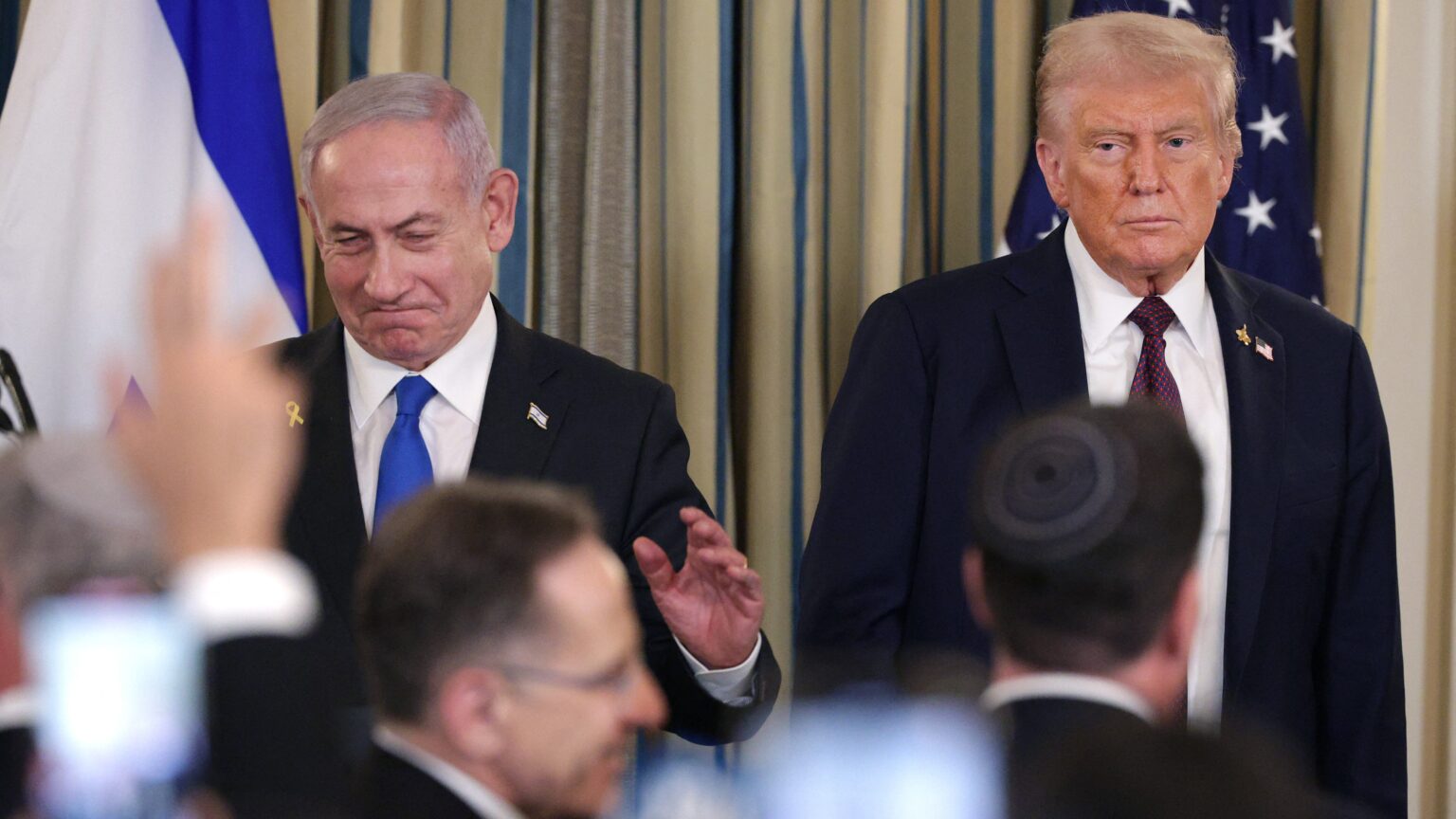
‘Washington’s unconditional support has given Israel a green light to act rashly, drawing the U.S. into unwanted military engagements.’
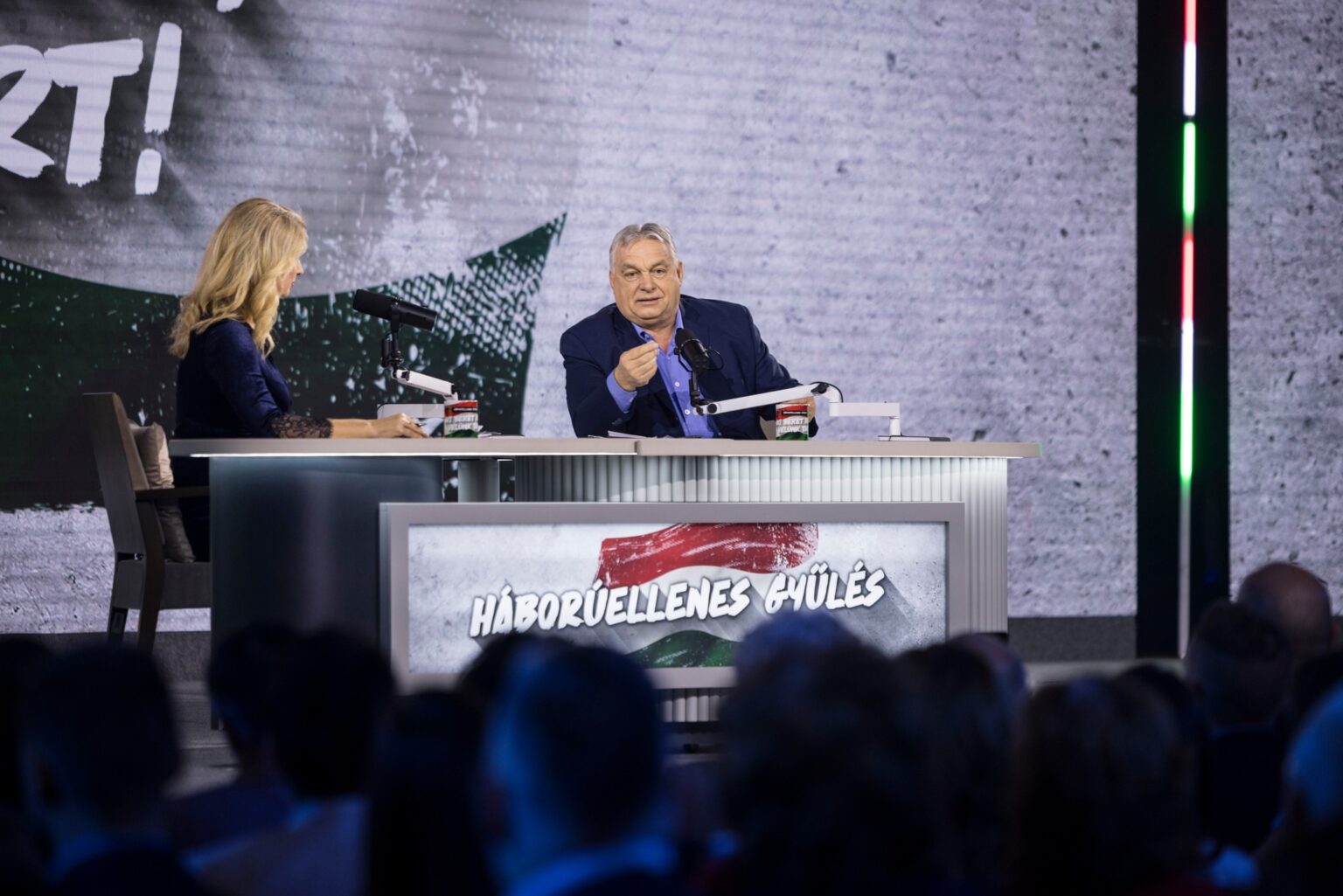
Miklós Szánthó warned that Brussels’ plan to seize frozen Russian assets amounts to a ‘message of war’, and spoke out against the EU circumventing Hungary’s veto on the matter. He also shared that at an anti-war rally, PM Viktor Orbán said Europe faces three dangers: war, migration, and political interference from Brussels in national elections.
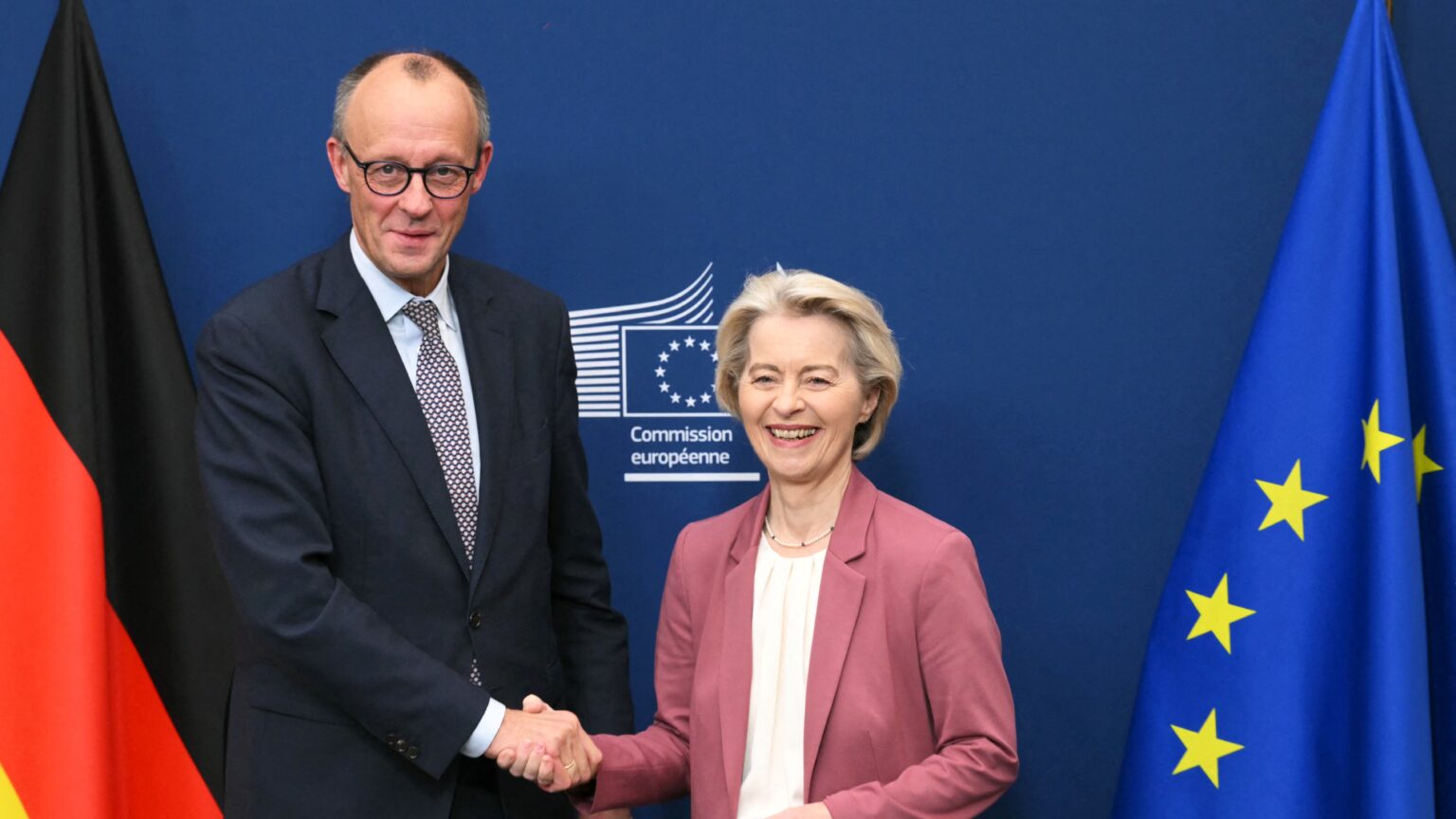
Criticizing the EU is becoming increasingly difficult with online censorship rules, such as the Digital Services Act, as well as member state rules in France and Germany against ‘insulting’ certain politicians.

What could be God’s stance on homosexuality? Why is the anti-abortion stance a minority view in Finland? What is the problem with the integration of non-Christian migrants? We talked to a former Minister of the Interior of Finland at Axioma Center’s conference about the criminal proceedings initiated against her and the status of freedom of religion and freedom of expression in Finland.
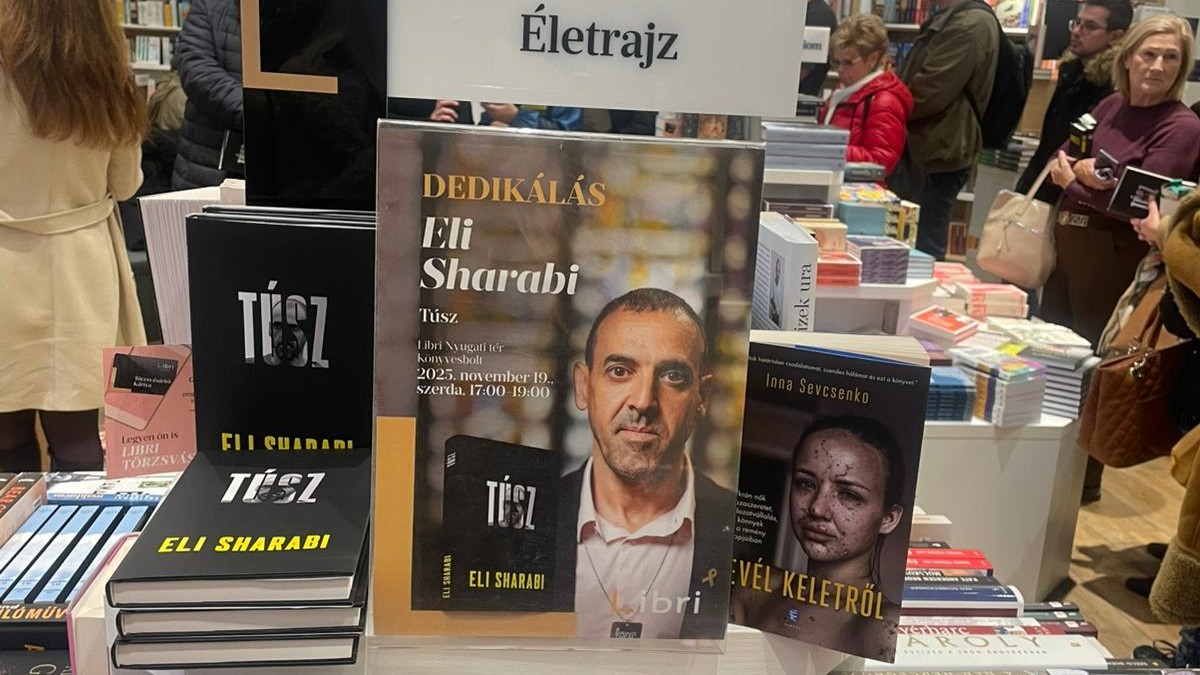
‘Sharabi’s story is one of profound physical and psychological suffering—hunger, loneliness, helplessness—but also of resilience, endurance, and the quiet, repeated choice to stay alive. His memoir bears witness to the bonds formed between hostages, the moments of grace that sustained them, and the inner strength that carried him through.’
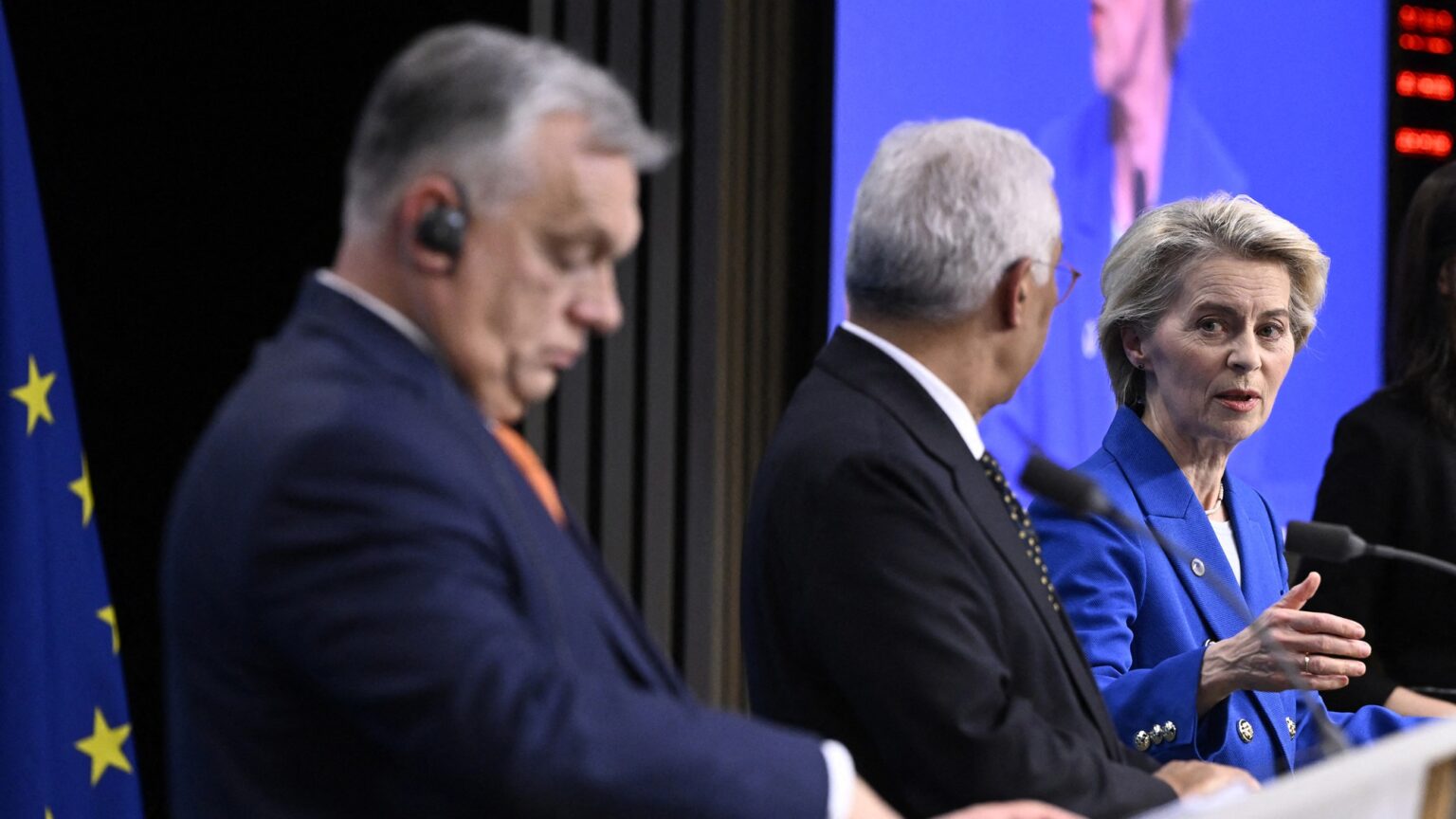
‘Imagine if the annulment of a national election result that took place in Romania in 2024 had happened in Hungary…It is not hard to imagine what kind of media coverage it would have gotten had the highest court in Hungary made such a decision…The Western media’s favourite terms, “authoritarian”, “totalitarian”, and “right-wing fascist” would have been used like machine gun fire.’

Italy has joined Belgium, Bulgaria and Malta in resisting the European Commission’s plan to use frozen Russian assets as collateral for a €210 billion loan to Ukraine, warning of profound legal and financial risks. The pushback intensifies scrutiny of Brussels’s decision to invoke emergency powers to sidestep expected vetoes from Hungary and Slovakia.
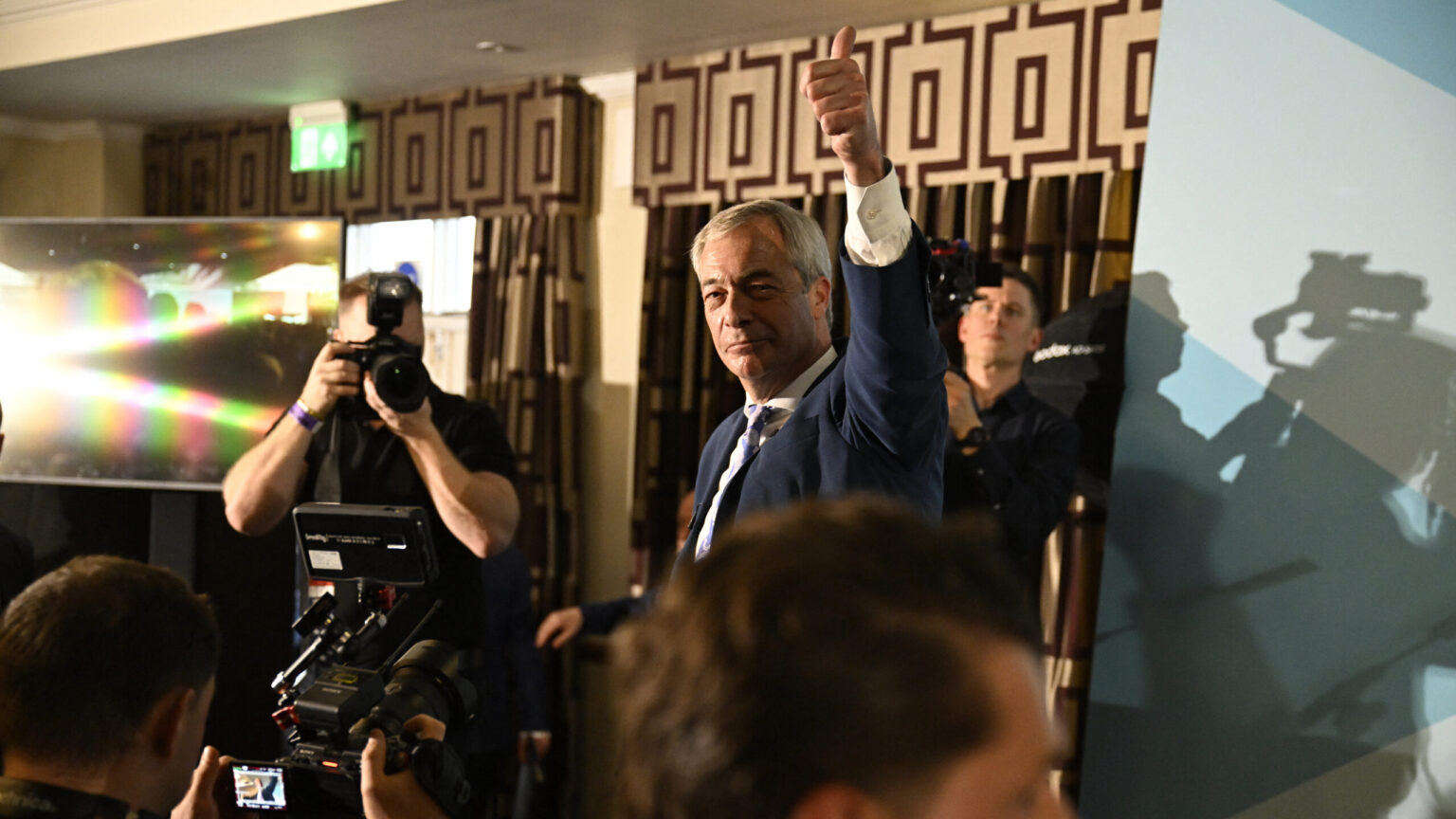
Nigel Farage’s Reform UK is riding an extraordinary wave, securing its first Scottish council seat and overtaking Labour to become Britain’s largest party by membership. The developments, both hailed as historic moments, underscores the accelerating collapse of the UK’s traditional two-party system.

‘School, therefore, never ends: the modern citizen is the subject of re-education from the cradle to the grave, stripped of the past so that he may obediently march toward the technological utopia.’
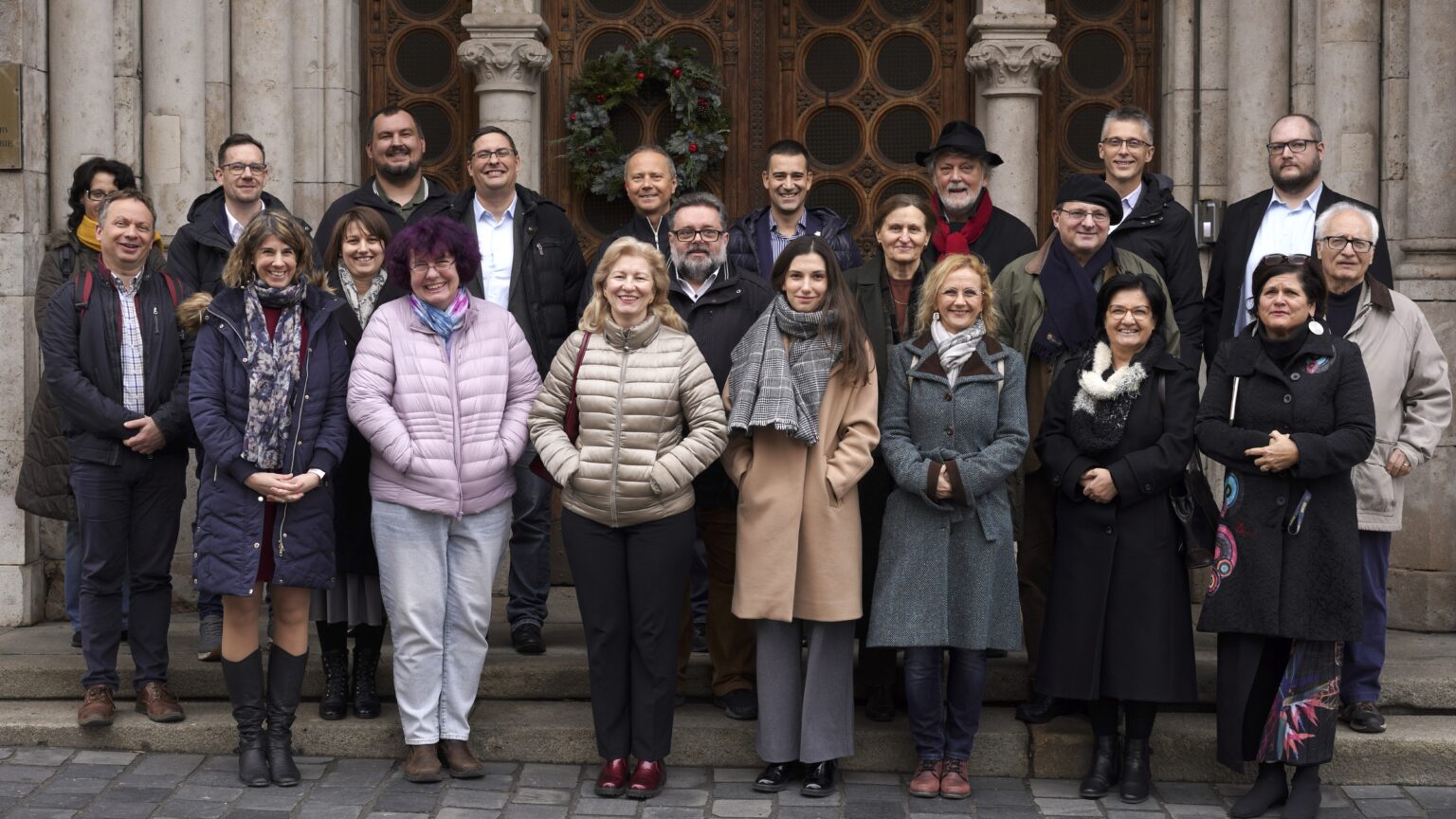
‘Although Hungarian emigration to the U.S. has been widely researched, far less attention has been given to the hundreds of thousands who, after spending years abroad…eventually came back to Hungary. The program aims to highlight this lesser-known heritage and call attention to the rich family archives, documents, and memories that still exist but remain unexplored.’

‘De Maistre was not a practitioner of political anthropology, but rather its instructive forerunner. As such, his writings may provide extremely important and useful contributions to its expansion and reinterpretation.’

‘The military events had varying outcomes, but in a series of battles that tended to favour the Ottomans, the victory at Szabács was of great significance, which was further enhanced by subsequent developments. The siege of the castle also foreshadowed the change in military tactics that would become common throughout Europe in the following decades.’
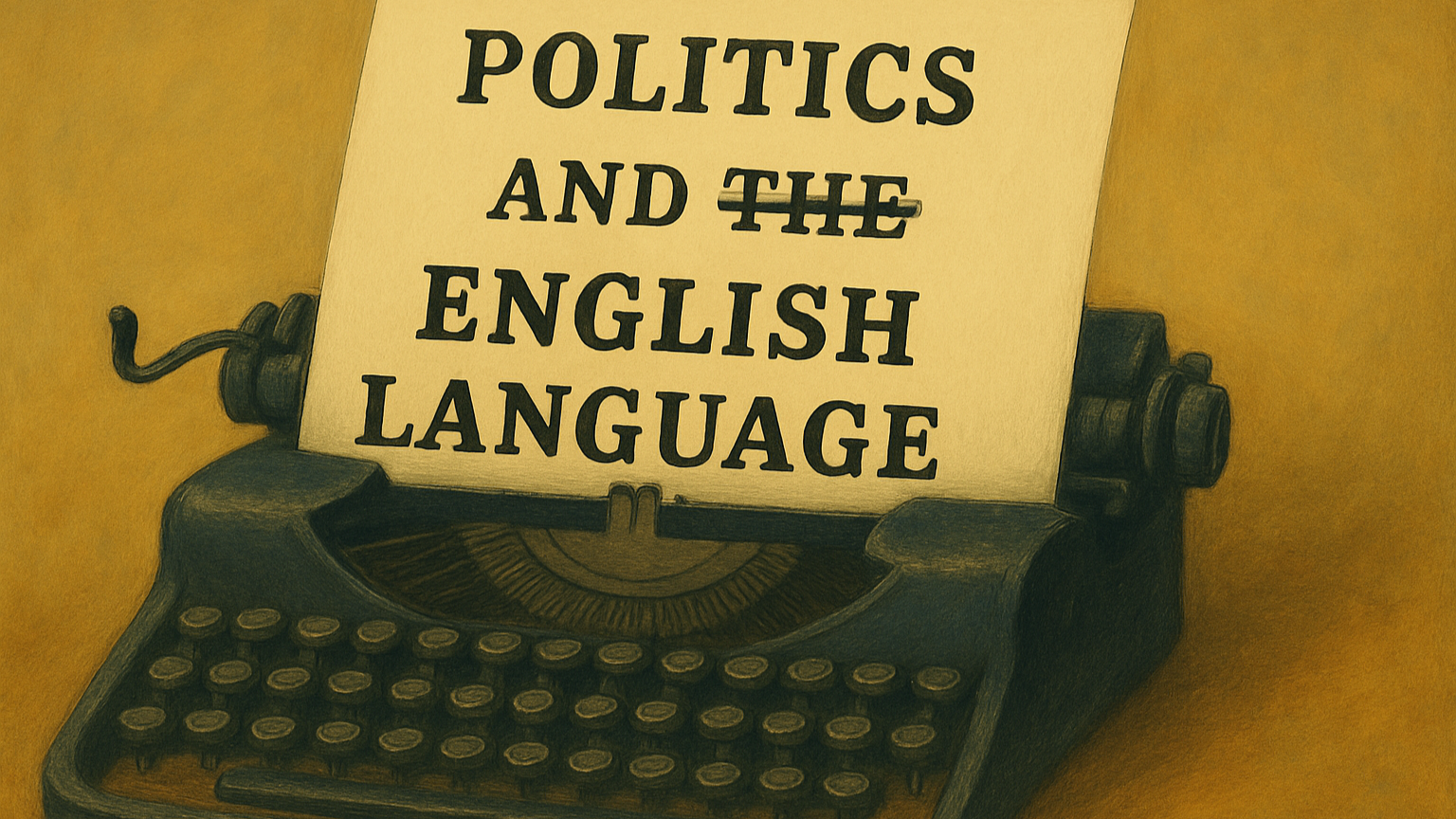
‘The issue of language doesn’t end with the culture war, it’s relevant across every level of issues and ideological questions.’

‘While the saint who gave the mid-December celebration its name is known for her kindness and benevolence, in folklore the day is nevertheless more closely associated with evil—and with its female agents: witches.’
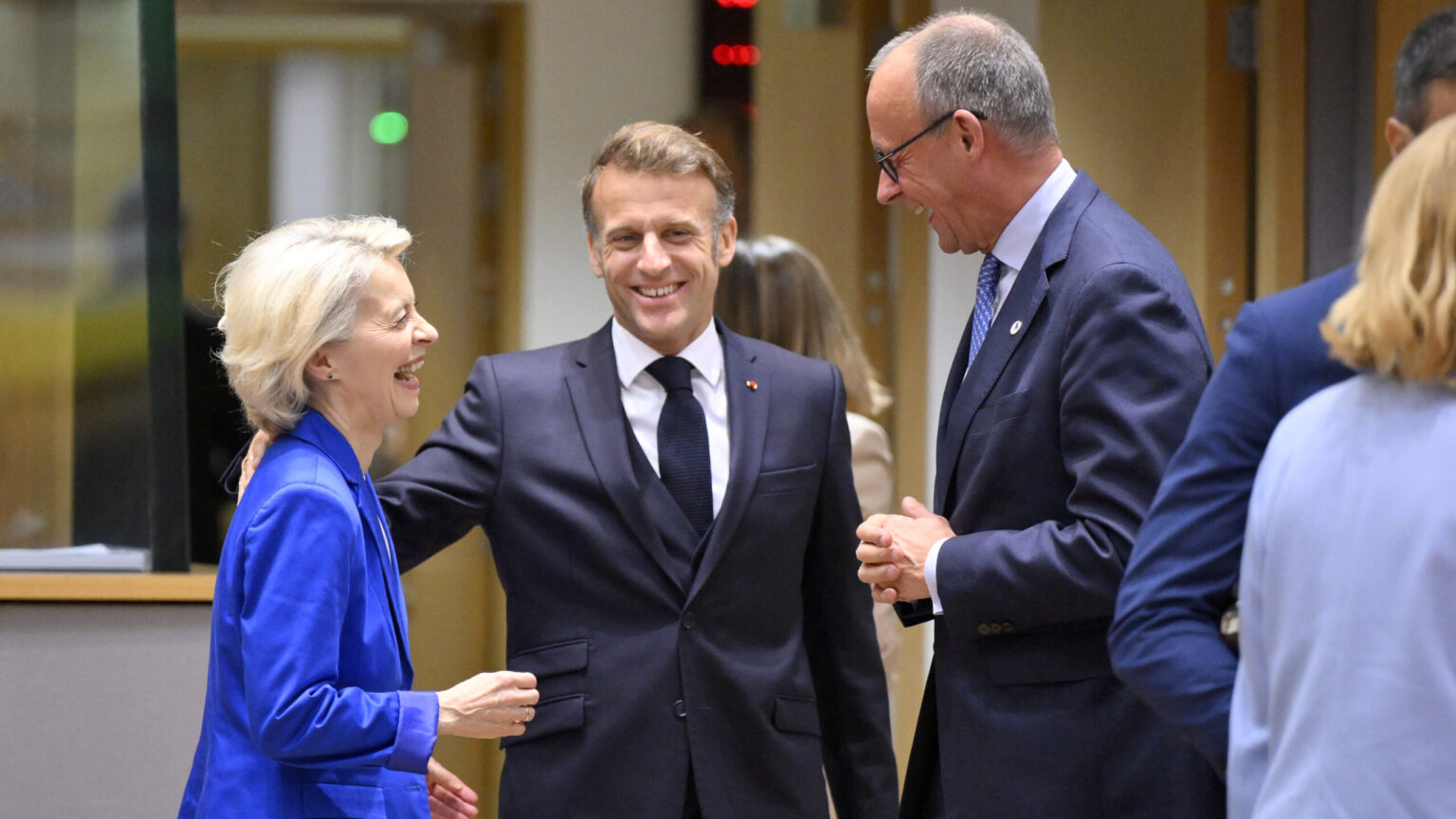
Ursula von der Leyen claims only voters decide a nation’s leaders—yet recent EU actions tell a very different story. From Romania’s annulled election to Germany’s institutional crackdown on AfD and France’s judicial assault on Marine Le Pen, the Union shows an increasingly authoritarian instinct that undermines democratic choice.

Hungary has already broken its 2024 tourism record, welcoming over 18.2 million guests by 2 December. With balanced domestic and international visitor numbers, Budapest and Lake Balaton remain top destinations, and strong holiday-season bookings point to another successful year ahead, Visit Hungary has shared.
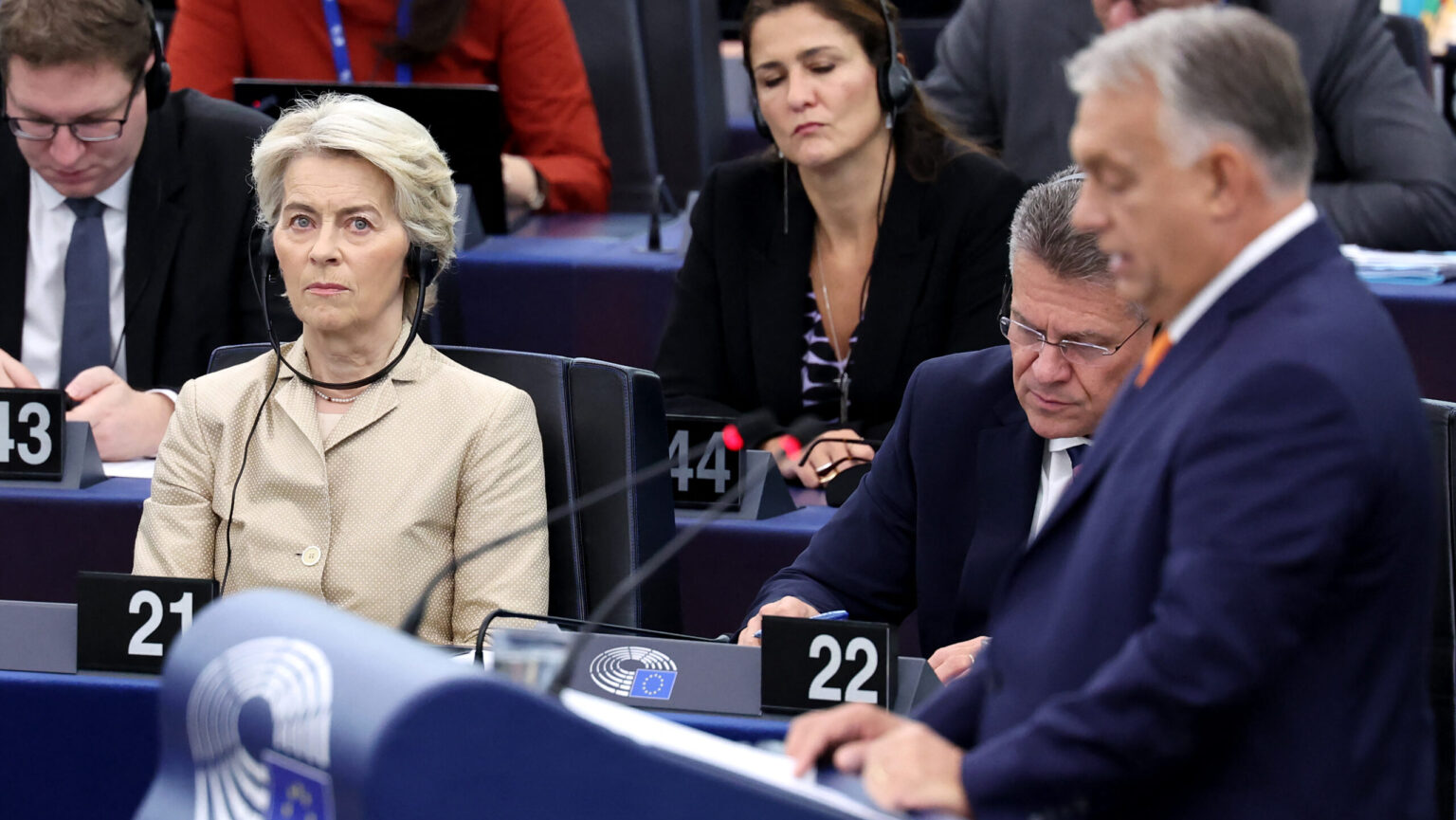
Hungarian Prime Minister Viktor Orbán accused Brussels of ‘systematically raping European law’ after the Commission triggered an emergency clause to indefinitely freeze Russian assets—bypassing unanimity and clearing the way ahead of its controversial Ukraine reparations loan.